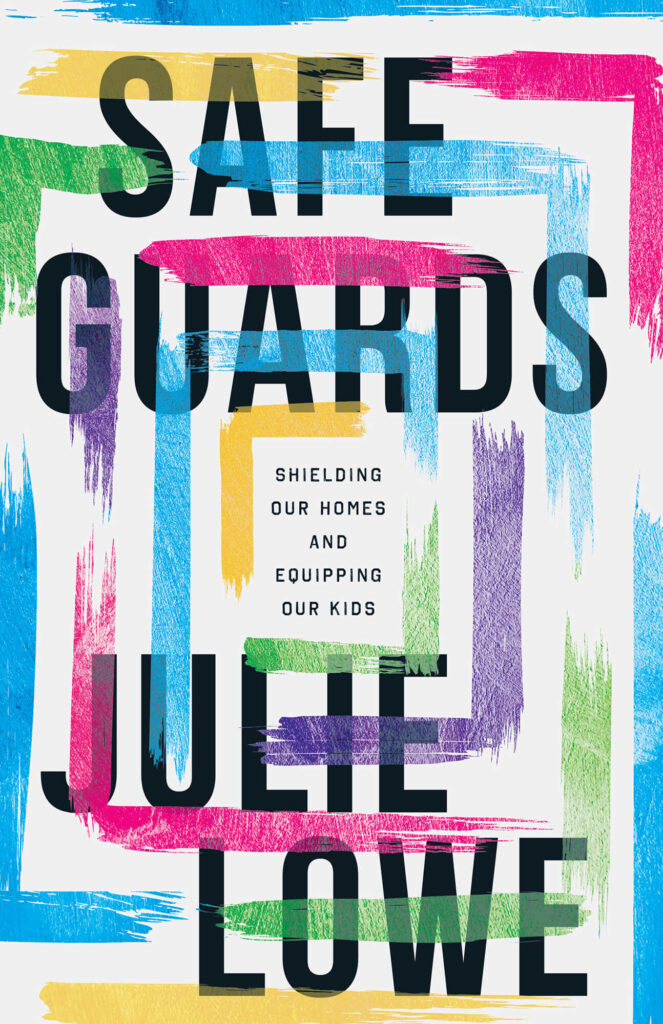Recently I was listening to Leonard Cohen’s popular song, Hallelujah, which is often played around the holidays. As I listened, I was struck by the phrase “broken hallelujah.” It made me think about how in weakness and suffering our praises to the Lord are often imperfect and broken.
In Scripture, “hallelujah” means “praise God,” and there are countless passages that urge us to praise him. In fact, many are imperatives or commands to do so. However, this can send us in the wrong direction. Sometimes we place expectations on ourselves and one another that these praises—these hallelujahs—need to be happy, smiling, and perky. But this is a false expectation. Rather, some of our most precious, heart-felt praise may be born out of pain, hardship, and lament. It will not look, sound, or even be expressed in an upbeat way. Instead, it will be expressed as a broken hallelujah.
I believe good unfolds in these praises. They give us permission to be hurting, struggling, even broken, but still lifting our hands to the Lord in surrender and trust. In hardship, praise can feel limp and lifeless, but it can still be intact. It is our imperfect gift to the One who is worthy of our praise. Our faith may have taken some beatings, and it may have some cracks in it, yet it is still there. And when we join with others in this chorus of testimony and love, our hearts are reoriented. Acknowledging God’s greatness reminds us he is sovereign and good in the midst of all our circumstances.
So, though we are broken people giving broken praise, God’s goodness and character still shines through us. To offer a broken hallelujah is to say:
… like Job: “Though you slay me, yet will I praise you.”
…like Joseph: “What others meant for evil, God meant for good.”
…like Lamentations: “Though he brings grief, yet will he show compassion, so great is his unfailing love.”
Our broken praise displays God’s glory to others and fosters a chorus of more broken hallelujahs, if we give each other the grace to do so. We need to give one another room to be weak, questioning, doubting, and hurting but hopeful, to be struggling but still faithful.
We can declare his character in the midst of difficulty and lament. Whether our praise is offered in times of flourishing or in dark moments, he is worthy of our hallelujahs, broken or not.
This post originally appeared on CCEF’s blog.
Safeguards: Shielding Our Homes and Equipping Our Kids
Julie Lowe helps parents and caregivers teach the safety skills that will help protect their children from mistreatment, unsafe situations, violence, bullying, cyber-crimes, predatory behavior, sexting, abuse, and other kinds of danger that they might encounter. The safety skills that are needed at every stage—preschool, elementary-age, teens, and college-bound—are discussed and applied in an age-appropriate way.






